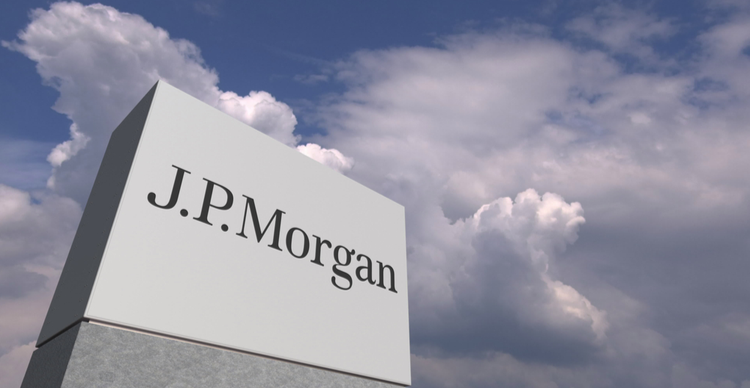
- The Monetary Authority of Singapore is partnering with JPMorgan Chase to lead a pilot program exploring the DeFi niche
- The move is an initiative to explore the economic potential and value-adding use cases of crypto by the central bank of Singapore
- The project involves creation of tokenised bonds and deposits in a liquidity pool for DeFi applications
The Monetary Authority of Singapore recently announced Project Guardian, a pilot digital asset program to examine the potential of tokenisation of bonds on public blockchains. The project intends to establish a liquidity pool of tokenised bonds and deposits.
Involved would be trusted financial players who will serve as trust anchors, including JP Morgan Chase & Co, DBS Bank Ltd, and digital asset venture Marketnode. Project Guardian also aims to leverage tokenisation to achieve utility, such as creating institutional-grade DeFi protocols to battle market manipulation.
The announcement on this initiative was made by the Deputy Prime Minister Heng Swee Keat, during the Asia Tech x Singapore summit. Into the future, Singapore’s Central Bank will leverage the results of the pilot program to inform its decisions on crypto policy.
“Through practical experimentation with the financial industry and the broader ecosystem, we seek to sharpen our understanding in this rapidly transforming digital assets ecosystem. The learnings from Project Guardian will serve to inform policy markets on the regulatory guardrails that are needed to harness the benefits of DeFi, while mitigating its risks,” Chief Fintech Officer at the MAS Sopnendu Mohanty said.
Strict regulations chase crypto firms
The project launch comes on the end of the implementation of strict crypto regulations that have led to companies moving to friendlier environments such as Dubai. Delayed approvals and the bans on crypto advertisement have scared crypto firms that would have otherwise remained within.
In response to the tightened regulatory stance, all of Bybit Fintech Ltd, Three Arrows, and Binance Holdings Ltd have moved away.
Singapore was first to regulate crypto companies and blockchain technology, even adopting licensing protocols. However, Dubai has recently passed legislation making it easier to adopt crypto consistent with its vision of becoming a blockchain capital by providing frameworks to guide crypto businesses on how to operate compliant with the set laws.
The MAS has also been apprehensive about crypto, having warned about the potential use of digital assets for money laundering and financing terror activities. The stance is with the hope that the strict regulation would fast-track the journey to becoming an accountable global crypto hub.

